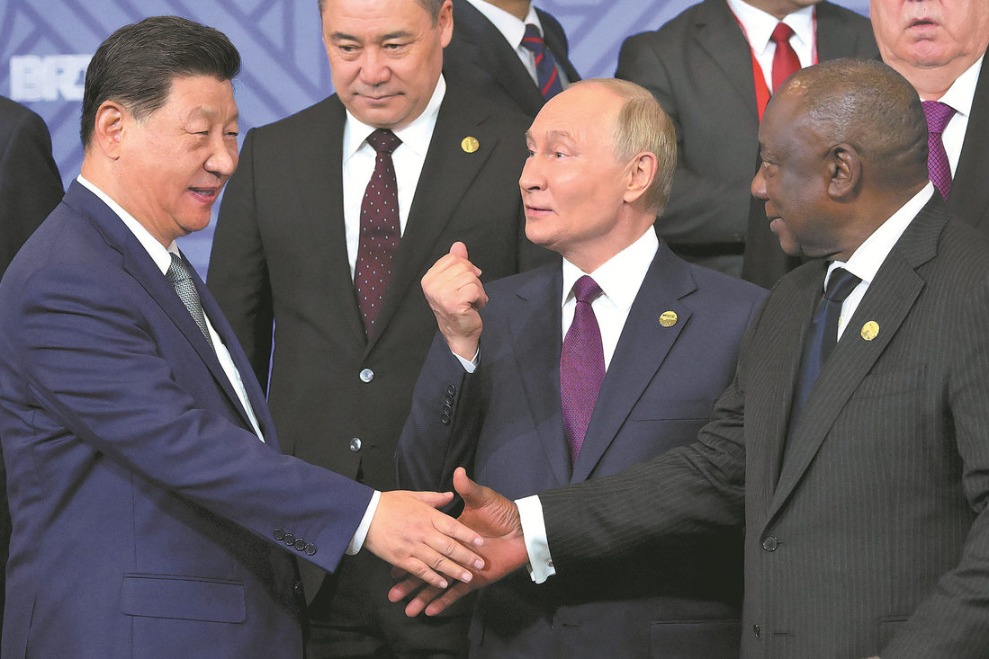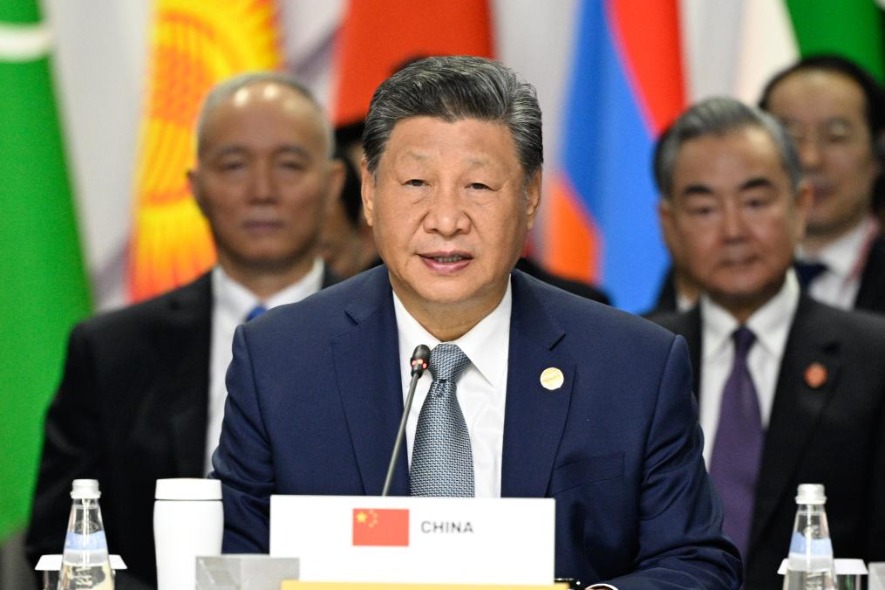The birth of the book in China


Scholars explore evolution of textual culture, and its transition from memorization to individual contemplation, Fang Aiqing reports in Suzhou, Jiangsu.
It is so natural these days to read a book that people take doing so for granted, barely thinking about how and when the earliest books came into being. While the elements of reading — content and connotation, knowledge and spiritual inspiration — have been closely examined for centuries around the world, in recent decades, scholars have turned their attention to the origins and evolution of books, as well as to the act of reading itself.
In the case of ancient China, although the oracle bone scripts — the earliest writing system known in the country — can be traced back around 3,300 years, and a textual culture formed thereafter, it took many more centuries before the earliest examples of what could be called "books" appeared.
Some of China's greatest thinkers — for example, Confucius and Lao Tzu — emerged during the Spring and Autumn Period (770-476 BC) and the Warring States Period (475-221 BC).
Sinologist Martin Kern, professor at Princeton University and codirector of the International Center for the Study of Ancient Text Cultures of Renmin University of China, argues that it is arbitrary for modern people to unequivocally attribute The Analects of Confucius to Confucius and his disciples, or similarly, to attribute the philosophical text Tao Te Ching to Lao Tzu.
He stresses the need to separate the thoughts of the great thinkers from the writing of the earliest books in which those thoughts appear.
In a speech at an academic forum themed "From Practices to Things: First Books in the Ancient World" at the RUC's Suzhou Campus in Jiangsu province in late August, Kern talked about what may be the creation of books in ancient China, by using the example of Western Han Dynasty (206 BC-AD 24) official Liu Xiang (77-6 BC), who compiled a number of books with a team of scholars under the command of the emperor starting in 26 BC.
Kern defined the concept of an early book as a larger textual unit constituted of smaller textual units that people now call "chapters".
Each of the textual units Liu and colleagues collated were distilled from multiple editions, which they compared, excising anything that they thought was duplicated or contradictory, before they finished the collation. Then they arranged these units in order, gave each one a title, and combined them in the form of an anthology that they also named.
"The texts came from the Warring States Period, or even earlier, but were reconstituted in a form in which they had never used before," Kern says.
He then calls for attention to the challenge Liu encountered when trying to put the texts in order. Before book culture flourished, it was common for many philosophical texts to be fragmented, or to appear in different versions whose contents varied greatly.
























